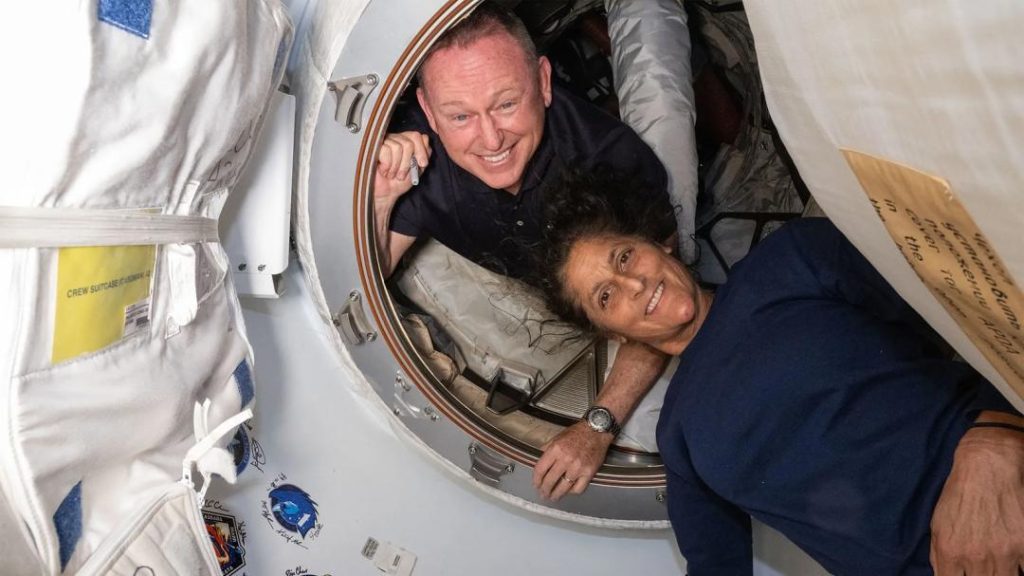
What challenges will Sunita Williams & Butch Wilmore face after returning to Earth?
Next week, astronauts Sunita Williams and Butch Wilmore will return to Earth after their mission to the International Space Station. While their journey to space has undoubtedly been an incredible experience, their return to Earth will come with its own set of challenges. As they readjust to life on our planet, they will face a series of physical and psychological difficulties that can be quite daunting.
One of the most significant challenges they will face is the loss of blood volume in space. Prolonged exposure to microgravity can cause the body to lose up to 20% of its blood volume, which can lead to a range of symptoms including dizziness, nausea, and even fainting. As they return to Earth, they will need to adjust to the gravitational pull of our planet, which can be a shock to their system.
Another challenge they will face is the loss of bone density in space. Without the gravitational pull of Earth, the body does not have to work as hard to maintain bone density, and as a result, bones can begin to deteriorate. This can lead to a range of issues, including osteoporosis and a higher risk of fractures. To combat this loss, astronauts will need to engage in regular exercise and physical activity to help rebuild bone density.
But that’s not all. Astronauts also experience a phenomenon known as “baby feet” when they return to Earth. This is because the muscles in their feet and legs have atrophied in space, causing them to feel like they are walking on stilts. It can take several weeks for their muscles to readjust to the gravitational pull of Earth, and during this time, they may experience difficulty walking and even balance issues.
In addition to these physical challenges, astronauts also face psychological difficulties when they return to Earth. The experience of living in space for an extended period can be isolating and disorienting, and the transition back to life on Earth can be difficult. They may struggle to adjust to the noise, crowds, and chaos of everyday life, and may even experience anxiety and depression as they try to readjust.
So, what can be done to help astronauts like Sunita Williams and Butch Wilmore overcome these challenges? One of the most important things is to engage in regular exercise and physical activity. This can help them rebuild bone density, regain muscle mass, and adjust to the gravitational pull of Earth. They will also need to receive medical check-ups and monitoring to ensure that they are not experiencing any adverse effects from their time in space.
In addition, astronauts will also benefit from support and counseling to help them readjust to life on Earth. This can include therapy sessions, group support meetings, and even social activities to help them reconnect with loved ones and reengage with their communities.
In conclusion, while Sunita Williams and Butch Wilmore’s journey to the International Space Station has undoubtedly been an incredible experience, their return to Earth will come with its own set of challenges. From the loss of blood volume and bone density to the experience of “baby feet” and psychological difficulties, they will need to overcome a range of physical and psychological challenges as they readjust to life on our planet. By engaging in regular exercise and physical activity, receiving medical check-ups and monitoring, and receiving support and counseling, these astronauts will be able to overcome the challenges of their journey and return to their normal lives.






